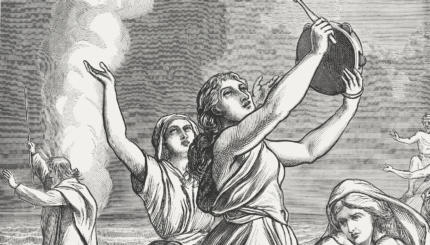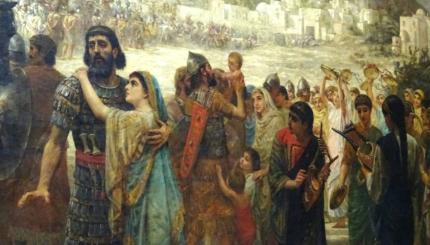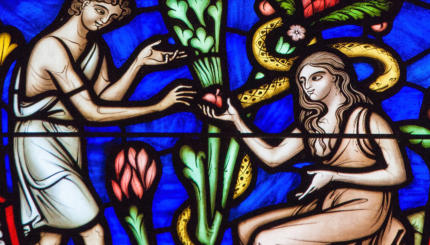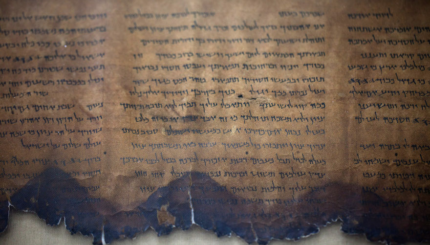Jewish Texts
Exodus Morality
Whether or not we know the suffering of the slaves, we are commanded to act as if we do.
Ancient Jewish Texts
This is an overview of ancient texts that came after the bible but before rabbinic literature.
Unwilling Audiences
It takes a great deal of courage to leave what is comfortable and enter the wilderness.
Jews & Sports: Premodern History
Throughout Jewish history until the rise of the Zionist movement, Jews have harbored negative attitudes toward sports, often with good reason.






